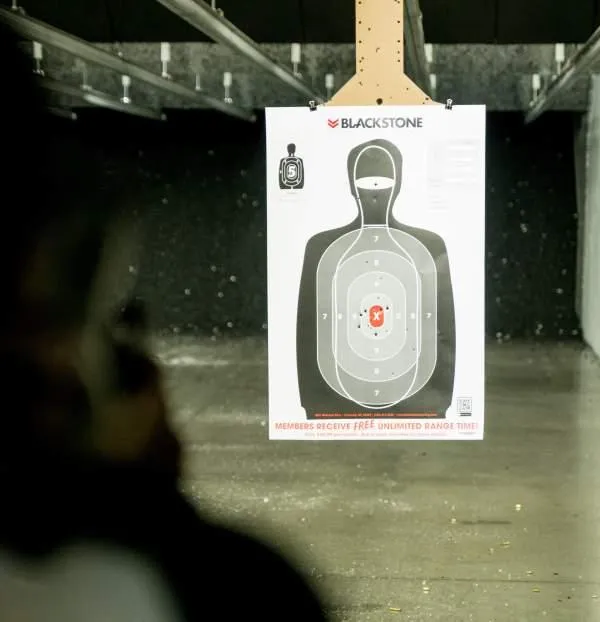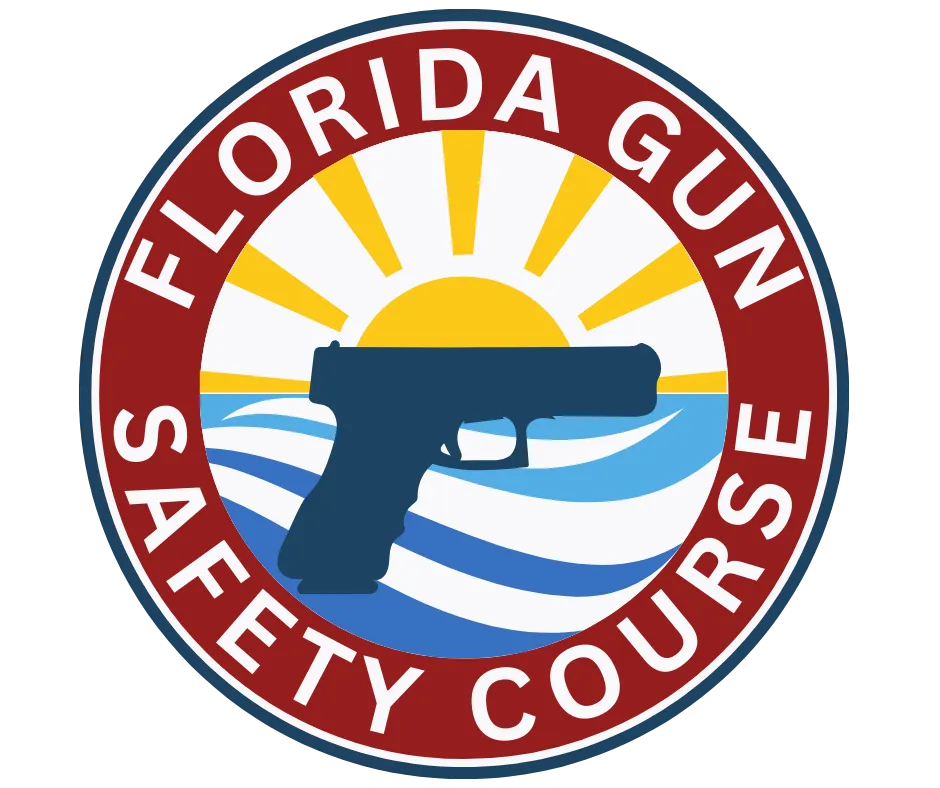Blog

Shoot Smart: Gun Safety Tips
Owning a gun is a great responsibility that requires adherence to strict rules and regulations to ensure the safety of oneself and others. Negligent firearm discharge can lead to severe consequences, both legally and concerning safety. Therefore, it is crucial to prioritize safety above all else and adopt appropriate strategies to handle firearms safely.
This article, titled 'Shoot Smart: Gun Safety Tips,' aims to provide readers with essential guidelines and strategies to increase their knowledge and skills in gun safety. Whether you are a seasoned gun owner or new to the world of firearms, it is crucial to prioritize gun safety education and follow the necessary rules and recommendations to prevent accidents and injuries.
In this article, we will explore the importance of handling guns safely, the consequences of negligent firearm discharge, and the significance of gun safety education.
Key Takeaways
Owning a gun requires strict adherence to safety rules and regulations, and prioritizing safety above all else is crucial.
Key practices for safe gun handling include keeping it unloaded and stored securely when not in use, pointing it in a safe direction, and being aware of surroundings.
Negligent discharge can result in serious consequences, including injury or death, property damage, legal repercussions, and loss of right to own a firearm.
Gun safety education is essential for responsible gun ownership, providing knowledge and skills to prevent catastrophic outcomes from negligent discharge and teaching safety rules, regulations, and recommendations for proper handling, storage, and maintenance of firearms.
Handling a Gun Safely
As a skilled archer knows not to aim an arrow towards oneself, a responsible gun owner should always handle their firearm with caution and follow safety guidelines to prevent harm to themselves and others.
Handling a gun safely involves several key practices, including keeping the gun unloaded and storing it in a secure location when not in use. If a gun must be handled, it should be pointed in a safe direction, away from oneself and others, and the trigger should never be pulled unless the gun is aimed at a safe target.
Additionally, a gun owner should always be aware of their surroundings and the potential risks of handling a firearm in a particular area. For example, shooting a gun in a crowded area or inside a building can put others at risk of injury or death.
It is also important to follow proper gun maintenance procedures, such as regularly cleaning and inspecting the firearm for any defects or malfunctions. By following these guidelines and being aware of potential risks, gun owners can ensure that they handle their firearms safely and responsibly.
Consequences of Negligent Discharge
The negligent discharge of a firearm can result in serious consequences, such as injury or death to oneself or others, property damage, and legal repercussions. Negligent discharge can occur when a gun owner fails to follow basic safety rules, such as keeping the gun pointed in a safe direction and keeping their finger off the trigger until they are ready to shoot.
A moment's inattention or carelessness can have devastating consequences, and it is important to always treat firearms with the respect they deserve.
In addition to the physical harm that can result from negligent discharge, there are also legal consequences. Depending on the circumstances, a person who negligently discharges a firearm could face criminal charges, civil lawsuits, and the loss of their right to own a firearm. Even if no one is injured, the discharge of a firearm in a negligent or reckless manner can be considered a crime in many jurisdictions.
Therefore, it is crucial for gun owners to take gun safety seriously and to always act with caution and responsibility when handling firearms.
Importance of Gun Safety Education
Gun safety education is an essential aspect of responsible gun ownership, providing individuals with the knowledge and skills necessary to prevent catastrophic outcomes resulting from negligent discharge, a mistake that can have far-reaching and potentially devastating consequences.
It is crucial to understand the safety rules, regulations, and recommendations that govern the use of guns. By taking a firearms safety course, individuals can learn about the proper handling, storage, and maintenance of firearms, as well as the legal and moral responsibilities of gun ownership.
A firearms safety course can also provide individuals with valuable strategies and techniques for shooting safely and accurately. For example, gun safety training can teach individuals how to properly grip and aim a firearm, as well as how to load and unload it safely.
Additionally, gun safety courses can provide individuals with the opportunity to practice shooting at a shooting range under the guidance of experienced instructors, further improving their skills and knowledge.
By prioritizing gun safety education, gun owners can ensure that they are handling their firearms responsibly and minimizing the risks of accidental discharge.
Importance of gun safety education:
Provides knowledge and skills to prevent catastrophic outcomes from negligent discharge
Teaches safety rules, regulations, and recommendations for proper handling, storage, and maintenance of firearms
Provides legal and moral responsibilities of gun ownership
Teaches strategies and techniques for safe and accurate shooting
Offers the opportunity to practice shooting at a range under experienced guidance
